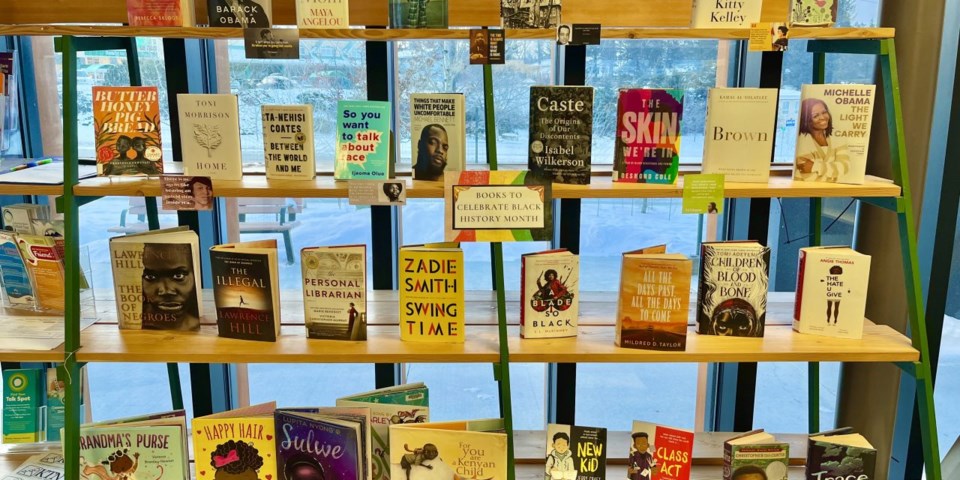February is Black History Month, a time to reflect on and celebrate the incredible Black people across North America who have shown us the power of pride, determination, and resiliency.
Black History Month was initiated through a proposal made by Black Educators and Black United Students at Kent State University (KSU), Ohio in 1969. In 1970, the first celebration of Black History Month was held at KSU from January 2 to February 28. By 1976, Black History Month was celebrated across the U.S., when President Gerald Ford officially recognized it, urging fellow Americans to honour the accomplishments of Black Americans throughout history that were often overlooked.
In 1995 in Canada, a motion was passed by politician, Jean Augustine, to recognize Black History Month in February. Today, Canadians define this festivity as a time to celebrate the contributions and achievements of Black Canadians and those who have contributed to making Canada the compassionate and culturally diverse country we know today.
When Canadians use a ten dollar note, there is a reminder of Viola Desmond, a Black businesswoman from Nova Scotia who challenged racial segregation in 1946, refusing to remove herself from a whites-only section at the Roseland movie theatre in New Glasgow, Nova Scotia. Charged with a minor tax-violation, Desmond’s case catapulted the modern civil rights movement in Canada. Desmond passed away in 1965 but was granted a full posthumous pardon in 2010 (the first in Canada). In 2016 Desmond became the first Canadian woman to be featured on the front of a Canadian banknote.
There are several notable Black Canadians to celebrate in British Columbia (B.C.). Harry Jerome from Prince Albert, B.C. (nicknamed the fastest man alive) competed in the 1960 and 1964 Tokyo Olympic Games. Jerome won the bronze medal in the 100 metre (race) in 1964. Throughout his 14 years of competing, Jerome set seven world records and was named B.C.’s Athlete of the Century in 1971. Jerome’s iconic statue stands along the seawall at Hallelujah Point in Vancouver’s Stanley Park.
Eleanor Collins was a singer, TV host, and civic leader born in Edmonton; she moved to Â鶹´«Ã½Ó³»at (the age of) 19. Often compared to Lena Horne and Ella Fitzgerald, Collins was referred to as Canada’s First Lady of Jazz. The Canadian Broadcasting Corporation (CBC) asked Collins to star in The Eleanor Show in 1955. This made her the first woman, and first person of colour, to headline a national TV show. On November 21, 2014, (Collins’ 95th birthday) she was awarded the Order of Canada, the second highest honour in Canada, after the Order of Merit. Collins now 103, was honoured with a commemorative stamp by Canada Post on Jan. 21, 2022.
During the month of February both the Radium and Invermere public libraries will be showcasing an array of books to celebrate Black History Month for readers of all ages and interests; they feature Black Canadian authors, biographies, autobiographies and inspirational fiction and non-fiction celebrating the achievements, fortitude, and trials and tribulations of Black people.
“It’s important for all white Canadians, especially in rural, predominantly white communities to do the work to educate themselves through whichever medium they prefer,” said Blair McFarlane, community outreach library assistant. “Racism is not an American issue—anti-Blackness is part of Canadian policy and culture. Listening to and learning from Black voices through books, movies, or online is one step. Let’s educate ourselves, our family, and friends so that we can then take actionable steps to make Invermere a more welcoming place to Black people and dismantle racist thinking in Canada. Let’s create communities, policies, and cultures where everyone is celebrated and treated with equality. Books are a great tool for empathy and understanding—come borrow a book or two this month, or throughout the year, and be open to changing your perspective.”
Chadd Cawson, Local Journalism Initiative Reporter, The Columbia Valley Pioneer



